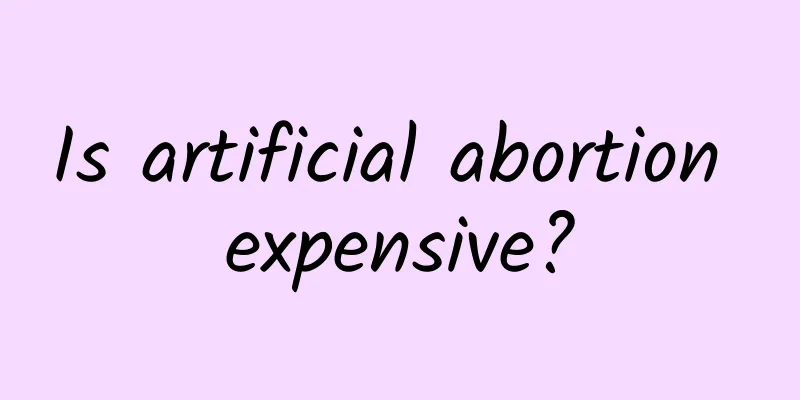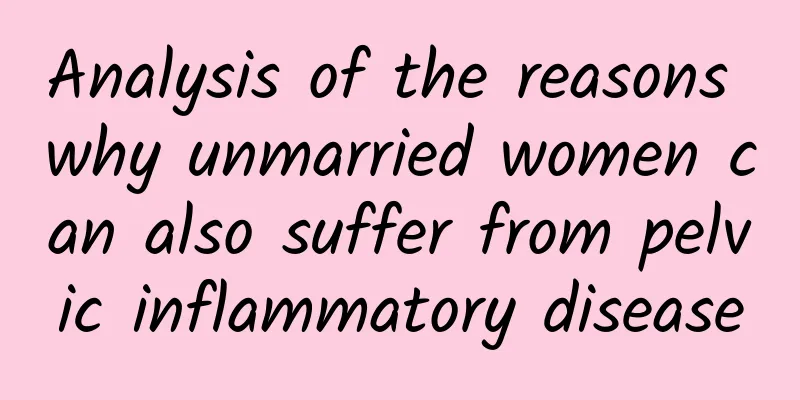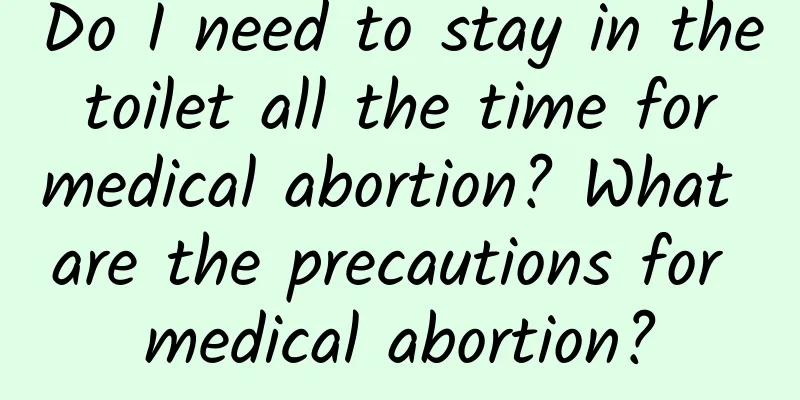Is uterine cyst serious? What are the dangers? Uterine fibroids

|
Uterine cysts are usually not serious diseases, but they may cause some discomfort and complications, such as period disorders and pressure. The harm of uterine fibroids includes irregular menstruation, abdominal pain and infertility. 1) Professional diagnosis is required to assess the severity; 2) Surgical intervention such as laparoscopy may be required in a few cases; 3) Maintaining a healthy lifestyle can help relieve symptoms. 1) Severity of uterine cyst Uterine cysts are usually benign, and many women have no symptoms. However, larger cysts may cause menstrual irregularities and lower abdominal discomfort. If a cyst ruptures or heavy bleeding occurs, see a doctor immediately. Regular physical examinations and ultrasound monitoring can help evaluate changes. 2) The harm of uterine fibroids Uterine fibroids are common benign tumors that may cause heavy menstrual bleeding, cramping during periods, and lower abdominal pain. In some cases, fibroids may affect fertility or cause complications during pregnancy. If you experience these symptoms, it is important to seek professional advice from a gynecologist. 3) Medical intervention and treatment options For asymptomatic uterine cysts and fibroids, observation is usually the approach. If symptoms interfere with daily life, medical treatments such as hormone therapy to regulate the menstrual cycle may be considered. For cases where surgery is required, laparoscopic surgery, domino therapy (uterine artery embolization), or traditional laparotomy are common options. 4) Maintenance of a healthy lifestyle A healthy diet and regular exercise can reduce the discomfort of cysts and fibroids. Eating foods high in fiber and low in fat, such as whole grains, vegetables, and fruits, can help regulate hormone balance. Gentle exercises such as yoga and Pilates can also help improve pelvic circulation. Uterine cysts and uterine fibroids are controllable in most cases, with the focus on early detection and proper management. Regular communication with medical staff and maintaining a healthy lifestyle can help prevent symptoms from worsening. When symptoms become obvious or affect the quality of life, you should promptly seek a professional gynecologist for detailed diagnosis and treatment. After reading this article, I hope you can have a clearer understanding of the potential impact of uterine cysts and uterine fibroids and take proactive preventive measures. |
<<: What fruits are good for uterine fibroids?
>>: What to do if there is residue in the cervical canal after spontaneous abortion
Recommend
Recipes suitable for patients with Qi stagnation and blood stasis type dysmenorrhea
Patients with Qi stagnation and blood stasis type...
Briefly introduce some of the transmission routes of cervicitis
Nowadays, cervicitis is very common, but many fem...
The best treatment for an enlarged cervix
What has always been of great concern to patients...
Want to be even thinner? Too much weight can easily lead to osteoporosis
Girls who only want to lose weight should be care...
Move to the rhythm! "Flow Yoga" is now the most popular
"Shake~shake~shake!!! My legs are shaking so...
Do you know all this knowledge in the uterus pictures? You may not know this knowledge
Many people do not know much about endometrial th...
What happens if I don’t have my period one month after having a medical abortion?
What happens if I don’t have my period one month ...
What should you pay attention to in daily life when you have ovarian cysts?
Ovarian cysts are usually caused by irregularitie...
Multiple improper abortions can lead to cervical erosion
Some women are very afraid of suffering from gyne...
Differential Diagnosis of Bacterial Vaginosis
Nowadays, the most common gynecological diseases ...
What causes irregular menstruation?
Many female friends do not care much about irregu...
Teach you how to prevent cervical erosion. Two causative factors of cervical erosion.
Gynecologists say that cervical erosion is a prev...
Traditional Chinese medicine treatment for pelvic inflammatory disease
Pelvic inflammatory disease is a common gynecolog...
If you eat too many rice dumplings during the Dragon Boat Festival, you may attract the three highs! Nutritionist: 3 great zongzi dishes that don’t have too much meat
The Dragon Boat Festival is approaching, and the ...
Can abortion cause female infertility?
There are many reasons why people are unable to k...









